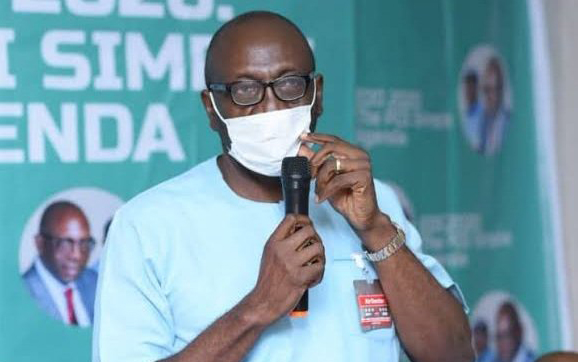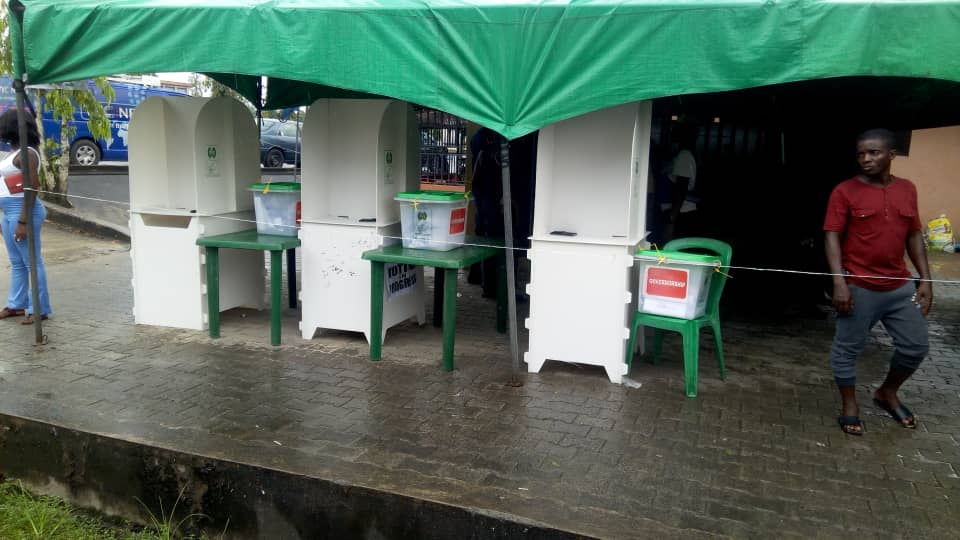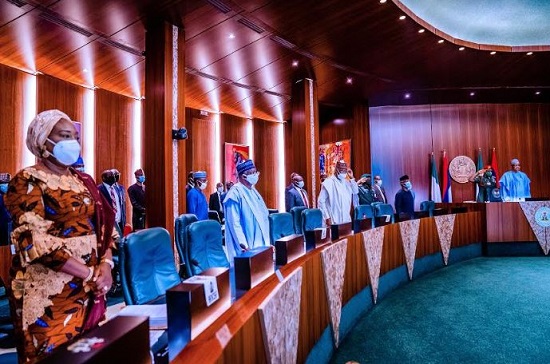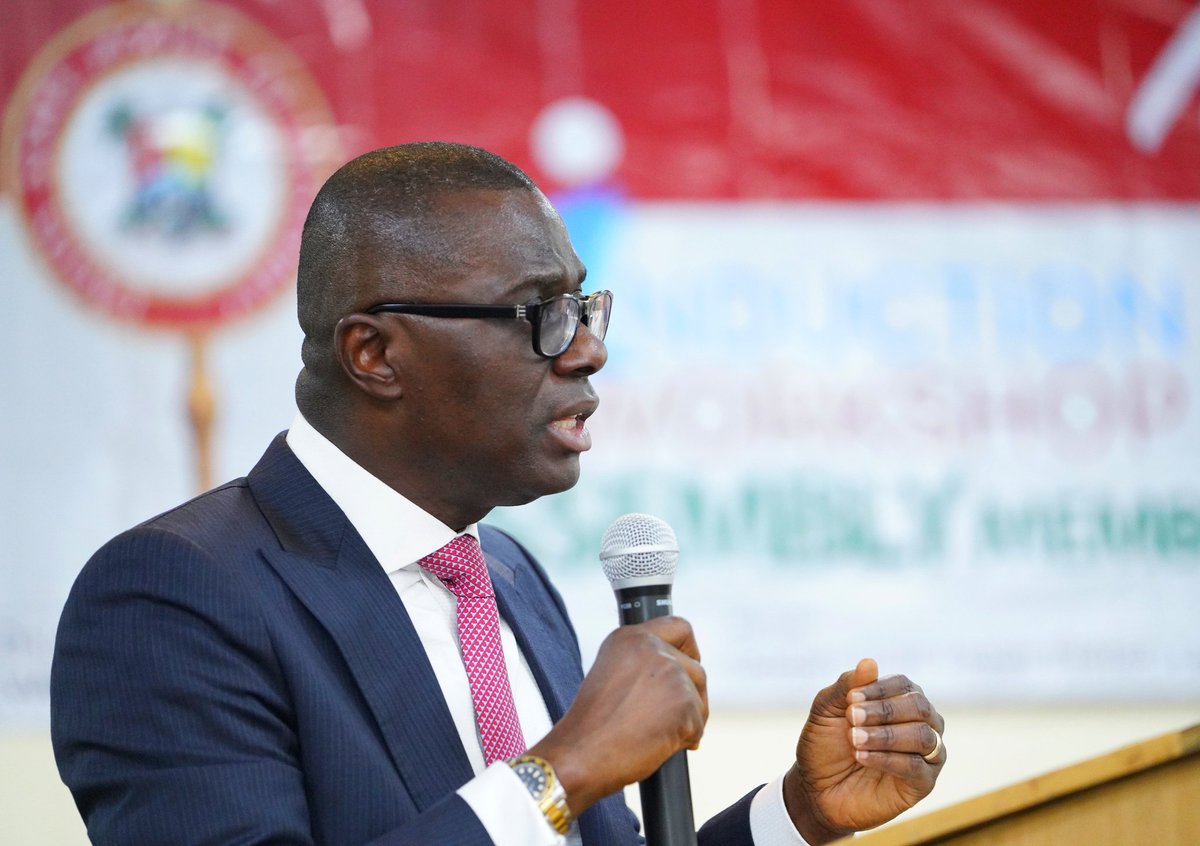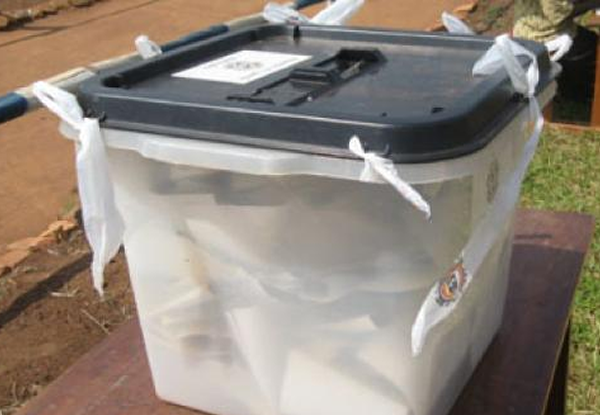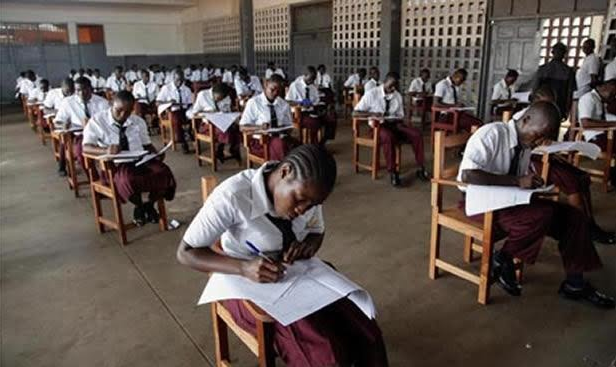The trial of Mohammed Bello Adoke, former attorney-general of the federation (AGF), and Aliyu Abubakar, a businessman was stalled on Monday owing to the failure of the Economic and Financial Crimes Commission (EFCC) to furnish the defendants with the necessary processes.
The EFCC had re-arraigned Adoke and Abubakar on an amended 14 count charge bordering on money laundering.
The former AGF is answering to seven counts and Abubakar is answering to seven counts.
In one of the counts, the EFCC accused Adoke of receiving a cash payment worth N300 million (dollar equivalent) from Abubakar sometime in August 2013, in Abuja,
Advertisement
Both pleaded not guilty when the charges were read to them.
At the commencement of proceedings on Tuesday, Bala Sanga, counsel to the EFCC, called his first witness, Clement Osagie, a representative of the Central Bank of Nigeria (CBN), to give evidence.
However, before Osagie could commence his testimony after taking an oath, Olalekan Ojo, counsel to Abubakar, raised an objection.
Advertisement
Ojo said: “We are constrained at this juncture to raise an objection to the first prosecution witness giving evidence because of the failure to comply with the mandatory provisions of Section 379 of the Administration of Criminal Justice Act (ACJA) with regards to the necessity to include the list of witnesses among the proof of evidence and summary of the witness statement.”
The senior advocate noted that the original charge and proof of evidence in the second amended charge do not contain the name of the witness brought to court.
He said the ACJA was not enacted for fun but to ensure that a defendant gets a fair trial.
“We hereby insist on the right of the second defendant to be served with the proof of evidence,” he said.
Advertisement
“I respectfully urged the court to give effect to the mandatory provisions of Section 375 of ACJA by urging the complainant to furnish us with the statement of the witness in the court.”
Responding, Sanga referred the court to page seven of the list of witnesses where he said number nine indicates that an official of CBN will be called to testify.
He submitted that since Osagie is an official of the central bank, he ought to be allowed to give his evidence.
Sanga said he had applied to subpoena the CBN on August 4 after filing the amended charge on August 3.
Advertisement
He said it was only on Monday evening that the CBN related to him that they would send Osagie to represent the bank.
Responding to submissions of the EFCC counsel, Inyang Ekwo, the trial judge said: “You should have concluded everything about your witnesses, evidence and all other materials before you file a charge. It is as simple as that.
Advertisement
“They are even very kind to you. They would have kept their gunpowder dry and allowed you to proceed to the end before raising their objection.
“I don’t want the proceedings in my court to amount to nothing.
Advertisement
“I’ll give you 24 hours to serve the defendants with all the processes and particulars that they are entitled to under the law.
“Unfortunately, in criminal proceedings, I’m not allowed to penalise if not, I would have done so.”
Advertisement
The case has been adjourned till August 13 for continuation.
On August 3, the judge had berated the anti-graft agency for employing delay tactics in the prosecution of the case.
He said the matter ought to be given speedy dispensation considering the fact that it was filed in 2017.
Add a comment

